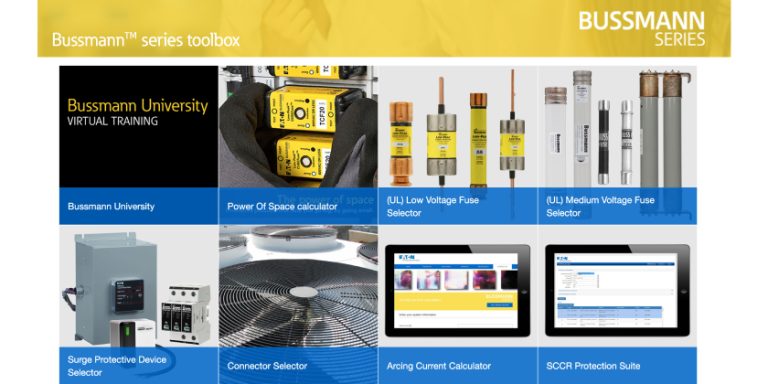How to Win Contracting Jobs

December 17, 2015
Katie and Dane Gustafson
As a wise green muppet called Yoda once said, “Do… or do not. There is no try.” Because it’s a world of competition out there for contracting jobs, there really is no “try” when it comes to being just the right person that clients look to hire. Here are eight valuable skills to master so that you can stand out as a powerful “force” among your competitors and claim your position as The Chosen One for potential clients.
1. Listening skills
Narrow your senses and become attuned to your client. Pay special attention to their needs. Your job is not to convince them to do things another way, but rather listen to what they want. Of course not all of their suggestions will be structurally possible or cost-effective, but knowing that you are listening and taking their concerns and/or ideas into account will let clients know that you care about their thoughts and are the right person for the job.
2. Integrity
Be a man or a woman of integrity and convey it to your potential employers. Don’t overcharge the customer and always do what you say you will do. Your word is your bond. You should be able to stand behind every aspect of the work done and be responsible for any mistakes made. If mistakes are made, you should be the one to rectify them as quickly as possible and bring balance to the situation. You should also be responsible for keeping the worksite safe and clean by disposing of trash properly and keeping your area organized. Cleanliness rings especially true for residential jobs where children or pets could be harmed by an unkempt and hazardous job site.
3. Flexibility
You need to be the type of contractor who is willing to alter your schedule to complete the job. Depending on the type of job, there may be projects that will require you to do everything from painting to roofing, plumbing, electrical, and more. You need to let them know that you are willing to take on any part of the job to get it done in the allotted amount of time quoted.
4. Reputation
Being preceded by a good reputation will give you a major step up in being chosen for the job. Word of mouth, personal experiences and online reviews are all very important in decision-making, especially today in our interconnected and information-based society. People are much more likely to hire a contractor if they can look them up and find out whether or not they have a good reputation.
If you’re new on the scene or are trying to build up your reputation, there are a few ways that you can get a jump on it:
• after completing a job, ask previous employers if it’s okay for them to be contacted by future prospective clients. Just like in a job interview, the prospective employer can get in touch with people that you’ve worked for in the past and get an opinion of how you treated them professionally.
• try to get listed on some websites where people can review your performance as a company/independent contractor. So many people now race online to Google to check out and research someone that they’re considering for a job. Having a healthy listing on a professional service review site might just boost your reputation and help clients make up their minds without you having to resort to Jedi mind tricks.
5. Experience
Convincing potential clients that you should be the chosen one may require that you convince them that you are the most experienced contractor for the job. Relate the particular job that you are discussing to previous projects you’ve completed; explain why they are similar and what you learned from the experience. Conveying that you are experienced will give them a sense of confidence in choosing you. A good deal of previous experience dictates that you have made your fair share of mistakes and have learned from them.
What if you’re new and have limited experience? Well, there’s really only one way to gain experience and that is to earn it through the jobs that you do. Approach new jobs with confidence, but don’t get too cocky. Understand that you will make mistakes and that you will learn from them.
6. Be willing to be interviewed
Sitting in front of a council in charge of deciding your fate may seem nerve wracking, especially when your income depends on it. However, interviews are important for companies or individuals to find out if you are the right candidate for the project. Search your feelings and always be willing to sit down for an interview with potential clients – you can even be the first one to bring it up.
While being interviewed, think about your answers to the following basic questions.
• What is your experience level?
• How long have you or your company been in business?
• Who will be at the site and how will it be supervised?
• Can you give me a timeline?
• How do we pay you? Do you require anything down?
• Are you bonded?
• What are you experiences with similar projects?
• Do you or company have workers comp and liability insurance?
These are just a few questions that you should be prepared to answer in an interview. Just keep in mind that they may want to get down to the nitty gritty because they want to make a sound choice in the end. A quick and concise response to these questions could really set you apart from other potential contractors and make you sound like an old pro.
7. Be prepared to give a detailed estimated bid
Once again, being prepared is really going to get you out on the right foot. Be prepared to put together a bid quickly. Of course you have to remember that it needs to be put together fast, but it also needs to be as accurate as possible. As we mentioned previously, you DON’T want to overcharge the client later just because you put together a sloppy bid. Make it realistic. Getting the bid done quickly will also give you a head start on any other contractors that might be bidding at the same time.
8. Networking: local knowledge, relationships and community ties
Local knowledge is another important factor that you can highlight, especially in small towns or cities. Knowing about the topography of the lot, soil, weather conditions, local building codes and regulations will all help you when discussing potential projects.
Knowing about the physical location is important, but knowing communities and having good relationships with them will give you a significant boost and may even be something that potential clients may inquire about before hiring you. A wise contractor will cultivate relationships with local suppliers, retailers, businesses and citizens. This not only helps you get plugged into the community, but it may also provide you with important job leads.
This article was first published as a blog by Dane & Katie Gustafson, Wholesale Contractor Supply, Ellisville, MS; http://blog.wholesalecontractorsupply.com.

















